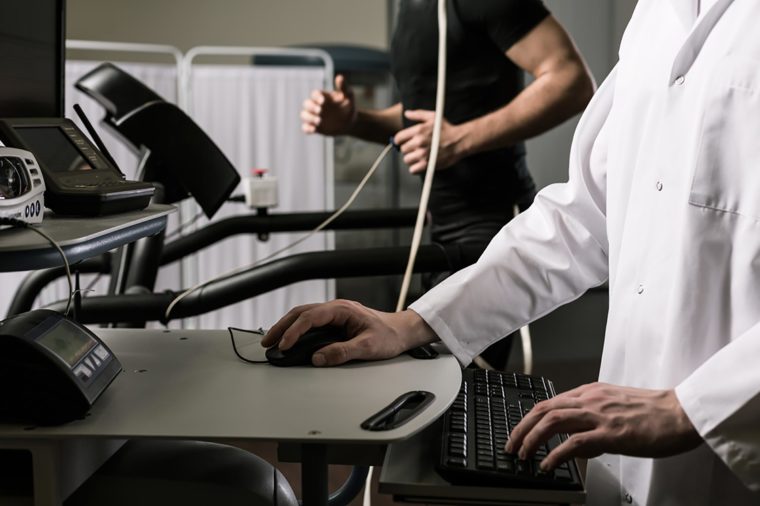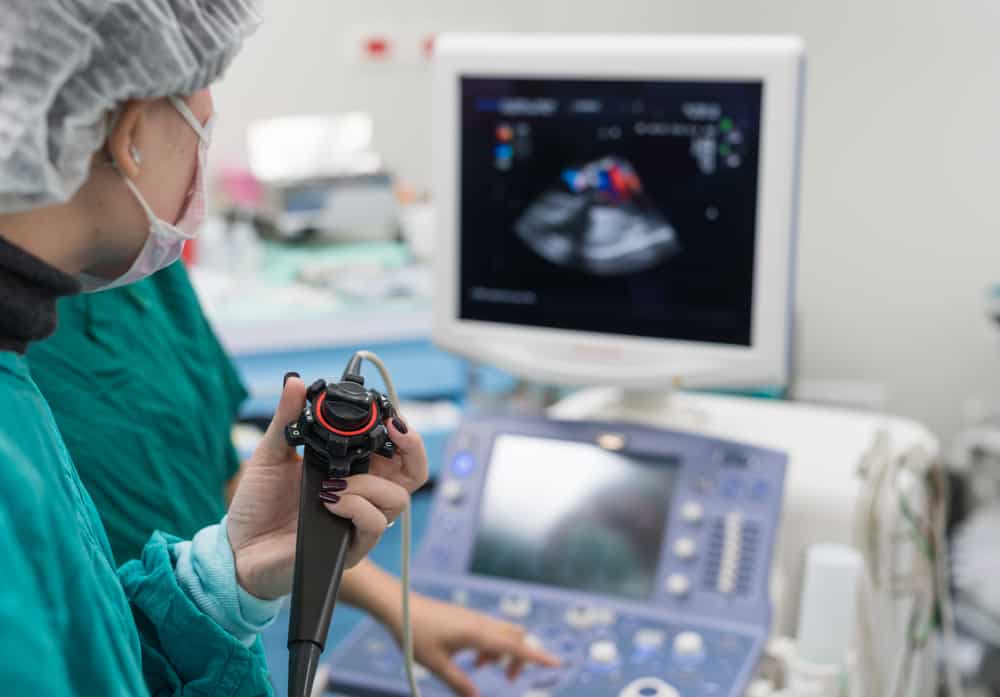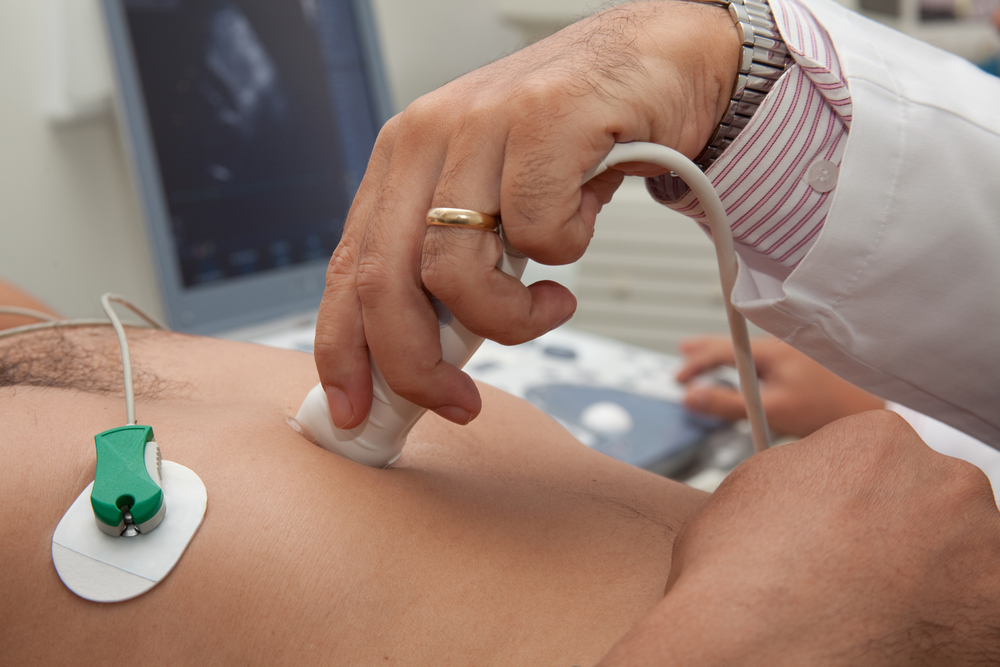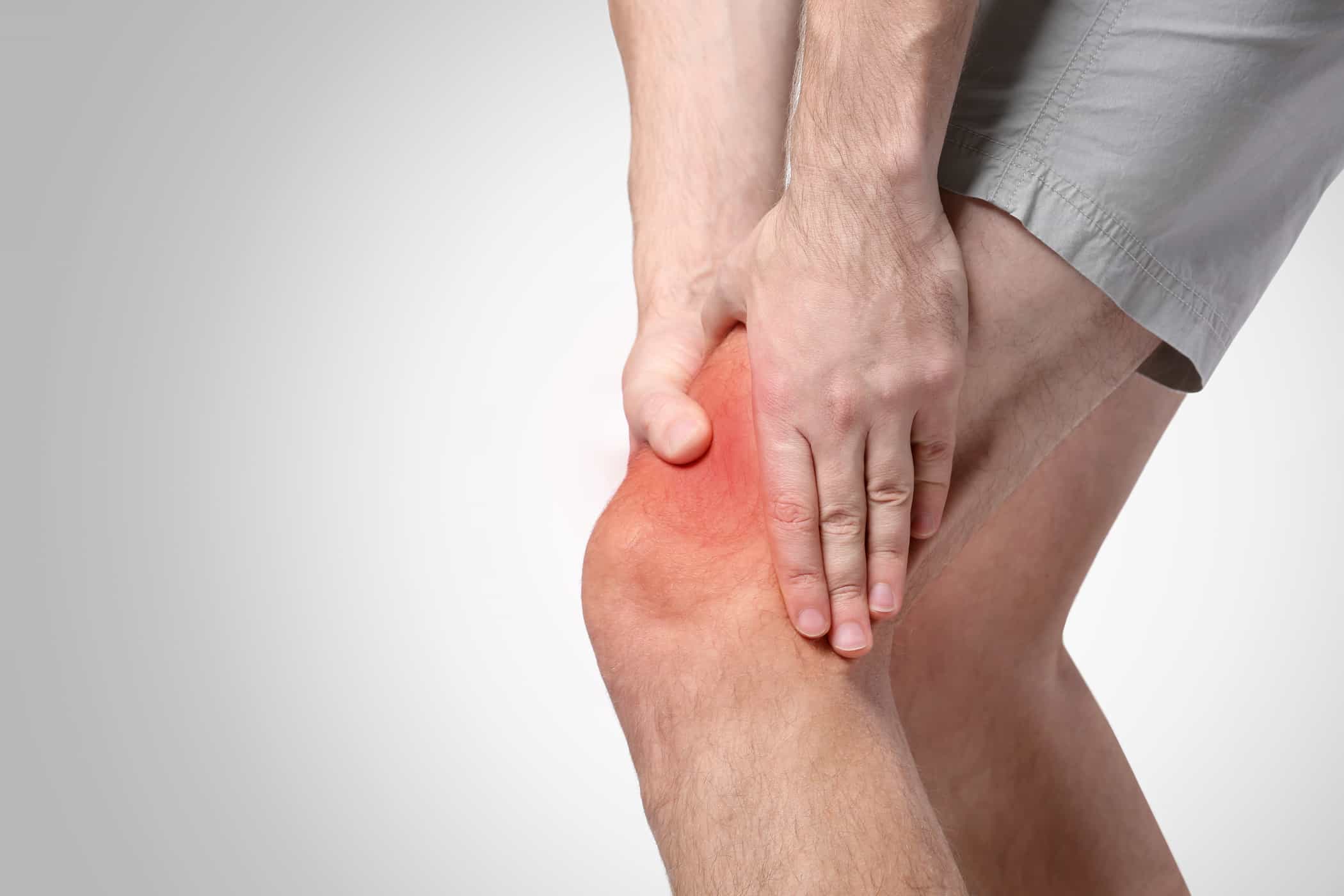Contents:
- Medical Video: What to Expect from an Echocardiogram or Stress Test | IU Health Heart & Vascular Care
- Echocardiography at a glance
- Transthoracic echocardiography
- Transesophageal echocardiography
- Stress echocardiography
- Dobutamin stress echocardiography
- Intravascular ultrasound
- What are the preparations before echocardiography?
- Transthoracic echocardiography
- Transesophageal echocardiography
- Stress echocardiography
- Dobutamin stress echocardiography
- Intravascular ultrasound
Medical Video: What to Expect from an Echocardiogram or Stress Test | IU Health Heart & Vascular Care
Echocardiography or known as cardiac ultrasound is a procedure to see the heart work. For those of you who have never done this procedure, you might be wondering, is there any preparation before echocardiography that needs to be done? For that, consider the following review by knowing in advance the types of echocardiography.
Echocardiography at a glance
Echocardiography is a test that uses ultrasound to evaluate your heart. Usually doctors need echocardiography to see the overall functioning of your heart, including seeing valve function and detecting heart disease. There are several types of echocardiography, namely:
Transthoracic echocardiography
This procedure is a standard heart check by attaching a transducer (pregnancy-like ultrasound device) to the chest and transmitting high frequency sound waves (ultrasound). These sound waves will bounce and produce images and sounds that can be used by doctors to observe the structure of the heart, assess its function, and detect damage and disease in the heart.
Transesophageal echocardiography
This test requires that the transducer be inserted into the esophagus because the esophagus is located close to the heart, so the doctor can get a clear picture of the structure of the heart without blocking the lungs and chest. This type of echocardiography is needed in some heart conditions to see a particular part of the heart more clearly.
Stress echocardiography
This test is also called stress test, done by visualizing the motion of the heart wall during stressful conditions. This test is usually done by asking the patient to walk on top treadmill. This check can provide information on whether your heart has adequate blood and oxygen intake from the circulation when physical stress occurs that may not appear on the ECG at rest. Echocardiography is performed shortly before and shortly after exercise.
Dobutamin stress echocardiography
This procedure is another form of stress echocardiography. The difference, this stress is obtained by giving drugs that stimulate the heart and make him think that he is exercising. This test is used to evaluate heart and valve function when you cannot exercise above treadmill.
It is also used to determine how well your heart is tolerating your activities and chances of coronary artery disease and assessing how effective your heart treatment plan is.
Intravascular ultrasound
Test is carried out during cardiac catheterization. During this procedure, the transducer is inserted into the heart blood vessel through a catheter in the groin. This is often used to provide detailed information about atherosclerosis (blockage) in the blood vessels.
What are the preparations before echocardiography?
Unlike the type of echocardiography, the preparation is different. You can ask for preparation before echocardiography with the doctor in question. However, there are generally several preparations before echocardiography which are usually ordered, namely:
Transthoracic echocardiography
This procedure does not require any preparation beforehand. You can eat, drink, and take medicine as prescribed by your doctor as usual.
Transesophageal echocardiography
In this procedure the doctor usually asks you to do several things, namely:
- Do not eat and drink at least 6 hours before the test. This is done to avoid vomiting that may occur during the procedure because of inserting a tool into the esophagus. However, you are allowed to brush your teeth beforehand.
- You also need to tell your doctor if you experience problems with swallowing, because this can affect your doctor's decision to do this procedure.
- Ask for help from your family or the person closest to you when you come to the hospital to do this procedure. Transesophageal echocardiography uses sedatives in the process so you will not be able to drive your own vehicle afterwards.
- Tell your doctor if you wear dentures so the doctor can take it off first.
Stress echocardiography

Before doing this procedure there are a number of things you need to prepare, namely:
- Don't eat and drink anything except water four hours before the test begins.
- Do not eat or drink caffeinated products such as soda, coffee and tea for 24 hours before the test takes place. These include over-the-counter drugs that contain caffeine because they can interfere with your test results.
- Do not take heart medicine for 24 hours before the test begins, unless the doctor advises or the drug is needed to treat discomfort in your chest such as Beta-blockers (Tenormin, Lopressor, Toprol, or Inderal), Isosorbide dinitrate (Isordil, Sorbitrate), Isosorbide mononitrate (Ismo, Indur, Monoket), Nitroglycerin (Deponit, Nitrostat, Nitropatch).
- Your doctor may also ask you to stop taking other heart medications during the test. In essence, do not stop any treatment without first consulting your doctor.
- Use comfortable clothes and shoes to do this test.
- If you use an inhaler to help with breathing, take it during the test.
Dobutamin stress echocardiography
Preparation before conducting this test is similar to stress echocardiography, namely:
- Don't eat and drink anything except water four hours before the test begins.
- Do not eat or drink caffeinated products such as soda, coffee, tea, or drugs with caffeine for 24 hours before the test takes place.
- If you have a pacemaker, then consult your doctor for further instructions.
- Don't smoke on the day when the test takes place because nicotine will affect the test results.
- Don't take drugs that can slow down the heart for 48 hours before the test starts, including beta blockers.
- Use comfortable clothes and shoes to do this test.
- Take all the drugs you have when the test takes place.
- Do not carry out strenuous activities the day before the test takes place.
Intravascular ultrasound
Here are the preparations that you need to do before doing intravascular ultrasound:
- Don't eat or drink anything for four to eight hours before. But this depends on your doctor, consult this beforehand.
- Tell the doctor about the medication you are taking and what diseases you are suffering from.
- If you are pregnant, tell your doctor whether this procedure is safe for the fetus. The same thing you need to ask if you are in a state of breastfeeding.
- There are usually asked to take off clothes and replace them with the clothes provided. Usually you are also asked to remove all metal objects in the body that can interfere with X-ray images.
- Ask for help from your family and closest people when doing this procedure because you will usually be given sedatives and cannot go home alone. So you need help.
You must make preparations before echocardiography according to the type of procedure you are running. Do not hesitate to consult a doctor if there are things that still block your mind regarding this procedure.













